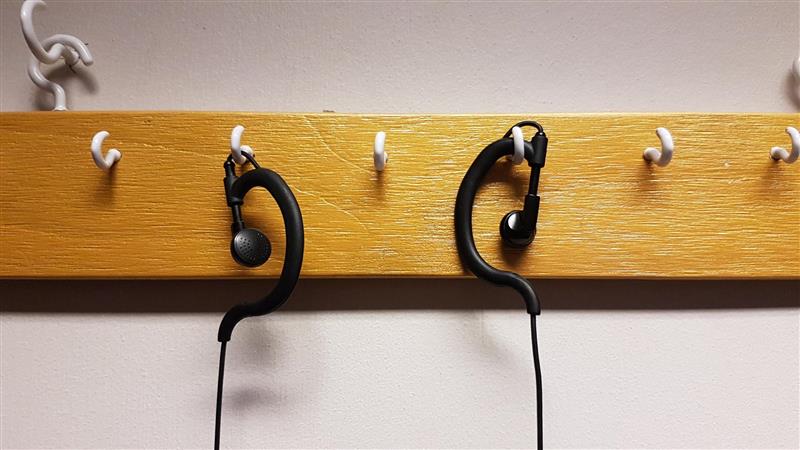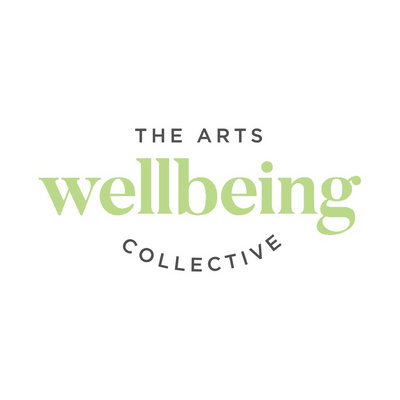Back after Interval: Tips and Techniques for Leaders, Managers and Organisations

For Leaders, Managers and Organisations
Effectively preparing our teams, companies and organisations as we return to work and to work-sites is critical to promoting positive mental health and wellbeing. Fortunately, there are plenty of preventative, proactive steps to take to ensure our people are given every opportunity to do their best work as we rebuild and recover the performing arts industry.
Plan
Reopening during COVID-19 demands interpreting complex rules, restrictions, guidelines and the daily ‘new normal’. Promoting positive mental health and wellbeing shouldn’t feel like an optional extra, or a pain to add on, but something that is good for everyone if prioritised, planned for and implemented.
Self-Care is Non-Negotiable
Think about ways you can lead through modelling good self-care behaviour and promoting structures in your workplaces that support individual self-care on an ongoing basis. It is the old adage of, ‘fitting your own oxygen mask first’, or that it’s impossible to pour from an empty cup. If you are not well, and prioritising your own self-care, you will not be able to take care of others. If your teams are struggling, their work will suffer. Self-care, and enabling others to prioritise their self-care can really only have positive outcomes!
Move Forward to Better, Not Back to Normal
In our eagerness to get back to work, we may inadvertently return to practices that weren’t serving us pre-COVID-19, and which will likely be even more difficult to navigate now.
Taking the time now to think about our ways of working and setting ourselves up for the future will pay dividends in both the short and the long term. This might involve implementing more secure forms of work to give people greater financial certainty, addressing schedules that were causing burnout, or shining a light on problematic systems and structures that had previously gone unexamined.
This short guide was developed for the team at Arts Centre Melbourne, but may be useful in other contexts as a starting point for positive change.
Allow Time
We are so accustomed to working to a deadline in the performing arts that it’s easy to forget that we’re often the ones who have set the deadline in the first place! While there are certainly deadlines out of our control, which ones might be in our control? Can we allow more time?
Restrictions may ease, and recommendations may change, but these are circumstances not catalysts for change. No one will win a prize for reopening first, or getting all team members back onsite, or the most audience in a space. Allow time for adjustment, reflection and processing to reopen stronger and smarter than before.
Allow Space
Space is key, both literally and figuratively! COVID-19 requires us to think in terms of square metre rules and physical distancing, but it also offers an opportunity to consider the idea of space.What opportunities exist for phased returns; for hybrid working models; for digital tools and integration; for planning work-spaces to support our teams to connect and to do their best work?
COVID-19 has upended notions of flexible work. Let’s ensure we plan our spaces to be enablers of creativity, connection, compassion and innovation. This is our opportunity to think differently about work-life balance. Examine working from home and flexible work arrangements through a lens of trust, compassion, and what people need to do their best work and thrive in their work and home lives.
Communicate
Uncertainty and adaptability have been the catchcries of 2020 and will likely continue to be so through 2021. During a rapidly evolving global health crisis, uncertainty is unavoidable, but we can mitigate some of the negative mental health and wellbeing impacts of this uncertainty through good communication.
Sharing information regularly and transparently contributes to psycho-social safety and helps avoid gossip, misinformation and guesswork. As we work through COVID-safe events, you may feel a pressure to give people a sense of certainty, by planning for or outlining every possible outcome. Crisis planning requires us to pay attention, follow guidance and keep up with new information as it arises.
However, sometimes there are factors that are simply outside of your control. Be honest and open about decision making and considerations, and don’t be afraid to say, “I don’t know what will happen, but we will work it out together.”
Offer Clarity
If you are in a position of leadership, you may also have to mediate between people who have different ideas of risk and the importance of COVID-safe procedures. In these situations, it is important to be clear and authoritative regarding COVID-safe guidelines and procedures that are non-negotiable and explain these using clear and relevant examples.
You may also like to reflect on your own attitudes toward the COVID-safe procedures and how this may impact the way you communicate them to others. If you are struggling to understand or keep across requirements to operate safely, slow down and seek assistance. It is better to be sure that you are bringing your team and audiences back safely than to risk the consequences of getting it wrong.
Celebrate
Even in our changed circumstances, there is much to be celebrated about the reopening of theatres and venues, having work on our stages again and the inimitable magic of live performance. Do not miss opportunities to celebrate and validate your teams, artists and audiences. Offer regular, small moments of celebration which give people time to savour the joy of being together, creating and making again. Have fun with ‘welcome back’ packs, COVID-19 safe gatherings, or simply a short surprise speech from a member of the company to acknowledge the moment.
Take the time to re-experience the joy of a live audience, embrace their joy in seeing live theatre again, and take a moment when you can to thank them for coming back and to encourage them to come back again!
Seek Support
You are not alone. Support is available for you, your team, and your company. Encourage your team members to seek support, and role model help seeking yourself. The Support Act Wellbeing Helpline and the Manager Support Hotline are there for you, staffed by clinicians with an understanding of the unique challenges faced in the performing arts industry. These services are completely confidential and free of charge.
Offer Support
The broader conversations in the community about mental health through COVID-19 have ensured that wellbeing is well and truly in the spotlight. Take this opportunity to have an explicit conversation about mental health and wellbeing with your team. There are so many freely available resources and services now, and accessing psychological care has never been easier. Make the time, pull together the resources, and start – or continue – the conversation.
This article was originally published by The Arts Wellbeing Collective
Photo credit Kam Greville.
Editor's Note: At StageLync, an international platform for the performing arts, we celebrate the diversity of our writers' backgrounds. We recognize and support their choice to use either American or British English in their articles, respecting their individual preferences and origins. This policy allows us to embrace a wide range of linguistic expressions, enriching our content and reflecting the global nature of our community.
🎧 Join us on the StageLync Podcast for inspiring stories from the world of performing arts! Tune in to hear from the creative minds who bring magic to life, both onstage and behind the scenes. 🎙️ 👉 Listen now!
